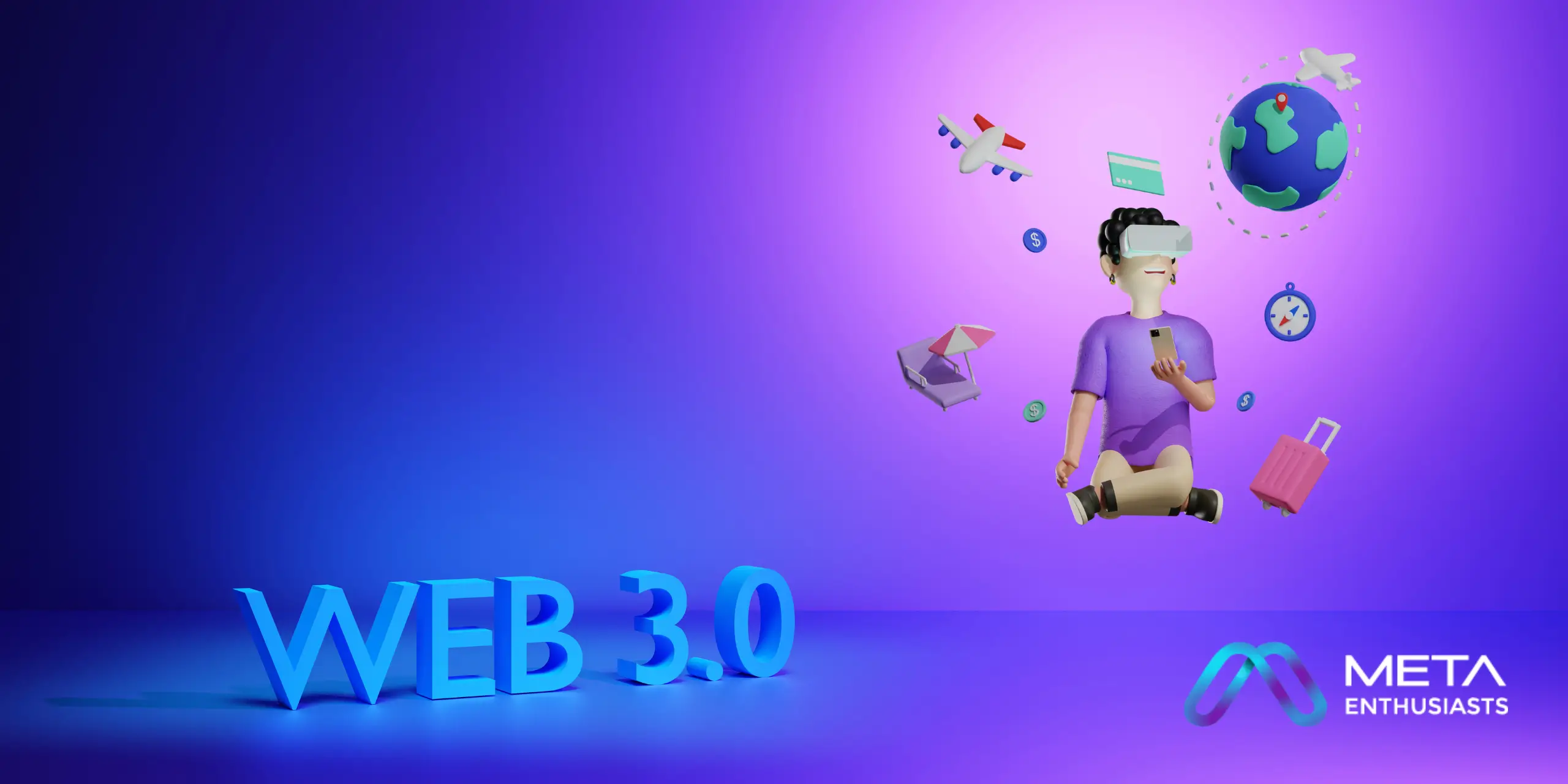What is Web3?
So, Web3 is the next big thing for the internet. First, we had Web1 (just static, read-only pages). Then Web2 came along (interactive and social). But what makes Web3 stand out?
Key Features of Web3
Decentralization
Unlike Web2, where big players like Facebook & Google call the shots, Web3 aims to spread power across networks of computers. This setup reduces reliance on a single company or server.
Blockchain Technology
Web3 runs on blockchain. This is like a digital record book that keeps track of transactions securely and transparently. It’s what powers cryptocurrencies like Bitcoin but can do so much more.
Ownership of Data
In Web2, companies control your data. But with Web3, you get to own your information. This gives you more control over your privacy and digital identity online.
Smart Contracts
Web3 introduces smart contracts. These are self-operating agreements coded into the system. They cut out middlemen in transactions, making things quicker and clearer.
Tokens & Cryptocurrencies
Web3 uses tokens. Cryptos like Ethereum allow you to transact, manage, and reward within apps (dApps). These tokens also power decentralized finance (DeFi).
Also Read – What is Web 3.0? Everything You Need to Know
What is the Metaverse?
The Metaverse is another hot topic, yet it often gets mentioned alongside Web3. So what exactly is it?
Key Features of the Metaverse
Virtual Worlds
The Metaverse is a bunch of 3D virtual spaces where folks can hang out in real time. These worlds let you socialize, work, shop & even play games inside a digital space.
Interoperability
The dream is that different Metaverse platforms will connect seamlessly. Imagine taking your avatar or digital assets from one virtual world to another!
Avatars & Identity
In the Metaverse, you interact through an avatar—a digital you! You can look however you want, exploring new identities freely.
Mixed Reality
The Metaverse mixes it up with virtual reality (VR), augmented reality (AR), and our real-world surroundings. You might hop into this space using a VR headset or AR glasses.
Digital Economy
Just like Web3, the Metaverse has its economy where you can buy & sell virtual goods using cryptocurrencies.
Web 3.0 and Metaverse: Are They Connected?
At first glance, they seem different—one focuses on the internet structure; the other on immersive worlds. But some areas are where they meet.
Decentralization in the Metaverse
Metaverses like Decentraland use blockchain tech from Web3 principles. In these spaces, people can own virtual land or create experiences secured by blockchain.
NFTs and Digital Ownership
Non-fungible tokens (NFTs) are a bridge between both worlds. NFTs let people own unique digital items in the Metaverse—like art or virtual real estate — aligned with Web3’s data ownership promise.
Economic Systems
Both rely on tokens for their economies. In Web3, tokens give access to apps & governance; in the Metaverse, they let you buy virtual stuff.
Key Differences Between Web 3.0 and Metaverse
Focus:
Web 3.0 reshapes internet structure—decentralizing power & privacy.
Metaverse focuses on building immersive digital environments.
Technology:
Web 3.0 thrives on blockchain.
Metaverse relies on VR/AR tech & 3D modelling to create engaging spaces.
Use Cases:
Web 3.0 could change everything from financial transactions to social media.
Metaverse mainly enhances gaming, virtual meetings & social activities.
Ownership:
Web 3.0 puts users in charge of their data.
Metaverse allows ownership of digital assets like land or avatars.
Conclusion
To sum up, Web3 and the Metaverse are two major innovations shaping the digital future. Web 3.0 focuses on how we structure and control the internet. The Metaverse focuses on creating new, immersive virtual spaces. While different, these technologies intersect in many ways, particularly through decentralization and blockchain. Together, they could transform how we interact, socialize, and do business online.
As Web3 develops and the Metaverse expands, tech enthusiasts like you will see even more opportunities to explore these new frontiers. Stay curious, and keep learning. The future is closer than you think!


